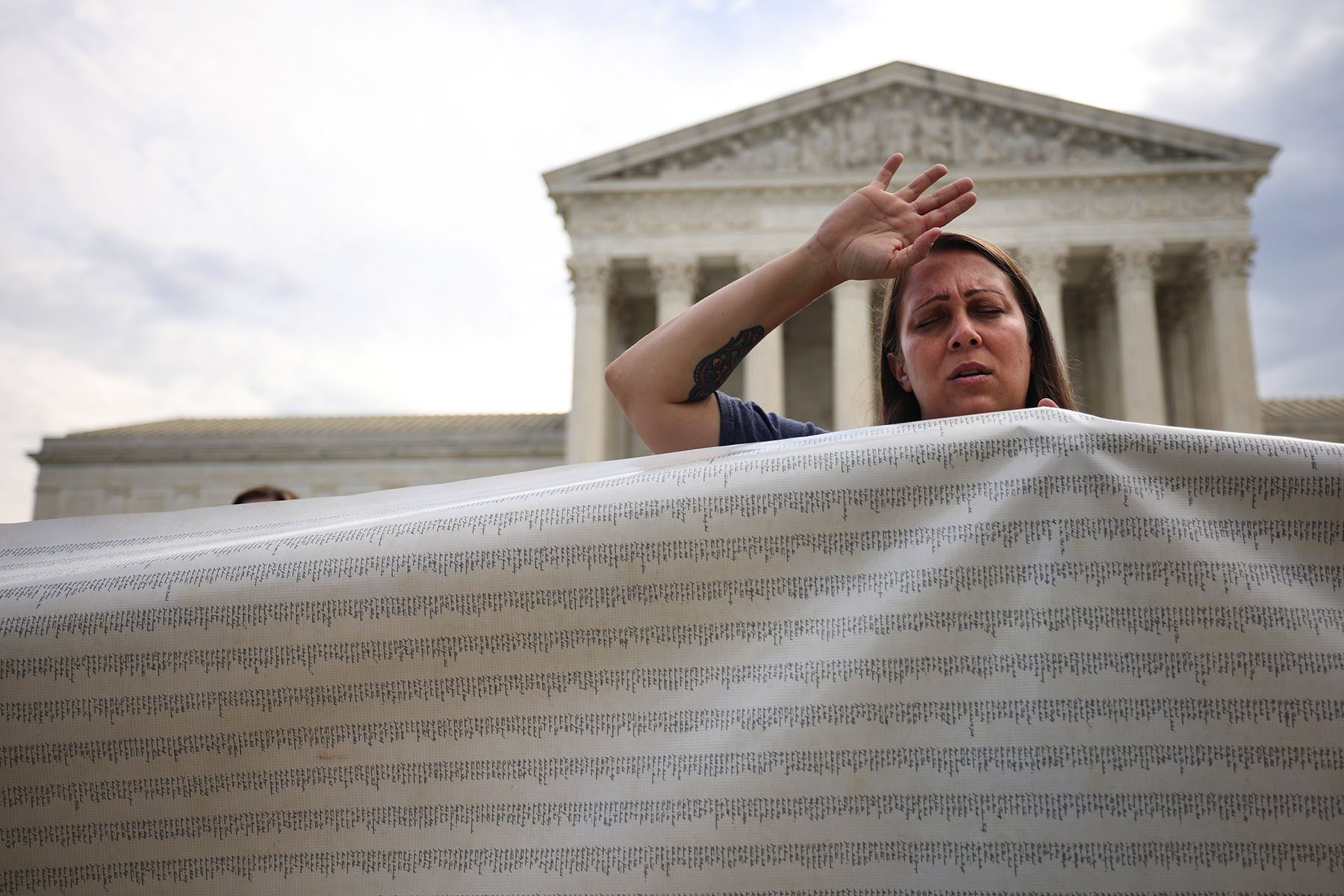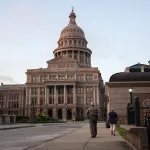More abortion restrictions have been enacted this year than any other, with 19 statehouses passing 106 new limitations on the procedure, per an analysis first shared with The 19th. A dozen of the new restrictions include some form of a complete ban on abortion.
This is the first time that the Guttmacher Institute, which has compiled this data annually since 1973, has counted more than 100 abortion restrictions passed in a single year. In 2011, the only other year since 1973 to come close, 89 restrictions on abortion were passed across the country.
Elizabeth Nash, who tracks state policy for Guttmacher, argues that though individual laws might not have the same sweeping impact as Texas’ new abortion law, the effects can add up.
“It’s important to remember that 1,336 abortion restrictions have been enacted since Roe v. Wade was decided in 1973, and in many cases they pile up one by one to have similar outcomes as outright bans,” Nash said. “Each new individual restriction forces people to navigate another barrier, and any one restriction — new or old — may be the restriction a patient cannot overcome.”
Texas, which effectively outlawed most abortions by banning the procedure after six weeks of pregnancy, was not even in the top five states in terms of the number of abortion restrictions enacted, per Guttmacher. Instead, Arkansas topped the list: This year, the state has passed 20 new limitations.
After Arkansas, Oklahoma passed 16 new restrictions on the procedure, including a so-called “trigger law” that would immediately outlaw abortions if the Supreme Court overruled Roe v. Wade, which guarantees the right to an abortion up until a fetus can live independently outside the womb. In the weeks since Texas’ six-week ban took effect, Oklahoma has emerged as an option for people seeking abortions, which the state’s clinics reporting a surge in new Texas-based patients.
Indiana, Montana and South Dakota have each enacted nine new restrictions.
Nash said that the build-up of state laws has cleared the way for abortion bans like Texas’.
“The annual drumbeat of new abortion restrictions is what gave a lot of momentum and paved the way for the abortion bans like what we’re seeing in Texas,” Nash said. “This situation did not come out of nowhere — it’s been decades in the making.”
Not all of the regulations have yet had an impact, largely because many of them don’t appear to comply with existing Supreme Court rulings. That includes the Roe v. Wade standard, and a subsequent case known as Planned Parenthood v. Casey, which held that states can pass some pre-viability abortion limitations as long as they don’t create an “undue burden” for the person seeking care.
But other restrictions either have or will take effect this year. That includes laws limiting how or when someone can receive a medication abortion — for instance, prohibiting abortion providers from mailing the pills to patients, even though medical experts agree that medication abortions are safe to administer from home.
The laws passed this year alone suggest that more Republican-led states in particular will attempt six-week abortion bans — especially those modeled after Texas’ law, which deputizes private citizens to enforce the ban — as well as restrictions on medication abortion, Nash said.
The deluge of restrictions also comes as the Supreme Court is set to reconsider Roe v. Wade’s protections, in a case evaluating the constitutionality of a Mississippi law that would ban abortions after 15 weeks of pregnancy. The court’s term began Monday, and arguments on the Mississippi case, known as Dobbs v. Jackson Women’s Whole Health, are set for December 1. A ruling is expected sometime next summer.
The court has a 6-3 conservative majority and is widely viewed as hostile to abortion rights. Upholding the Mississippi law would either weaken or eliminate the Roe v. Wade protection. That, in turn, could open the door for states to pass even more restrictions in the coming years, and for many that were passed this year to ultimately take effect.
“The decision in [Dobbs v.] Jackson Women’s Health Organization will give us a sense of where the Supreme Court stands on abortion and potentially how far conservative states can go in limiting access,” Nash said.






